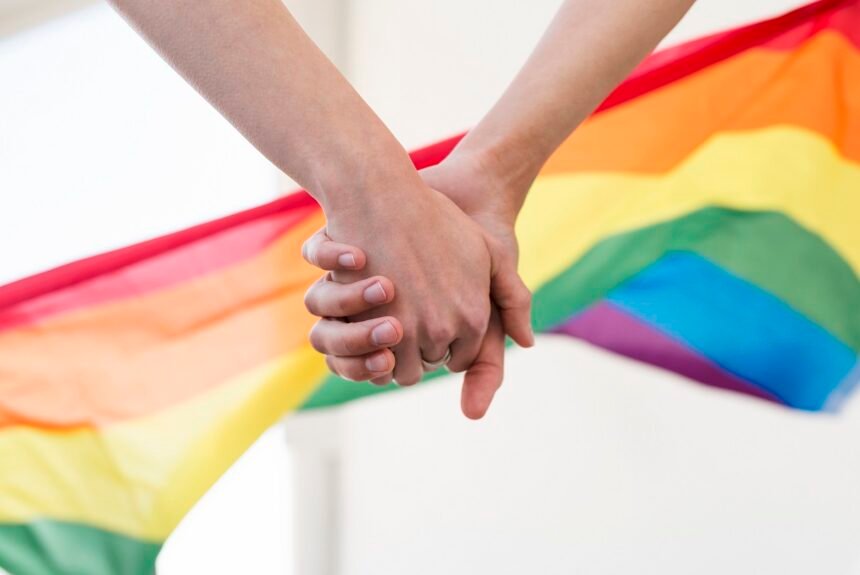The fight to legalize same-sex marriage has been ongoing since the mid-20th century. Denmark was the first country to recognize civil unions, but they did not use the term marriage. The Netherlands later became the first country to legalize same-sex marriages.
This week, India’s Supreme Court is hearing closing arguments in a historic case that could legalize same-sex unions. The case was filed by several LGBTQ couples, and the hearings are being live-streamed online in the public interest. If the lawsuit is upheld, India would become the 35th nation in the world, and the second in Asia, to allow marriage equality, following Taiwan’s enactment of a similar bill in 2019. NPR reports that various Indian laws, such as those about parenting, inheritance, alimony, and divorce, would need to be revised if same-sex marriage is legalized.
The case is being closely watched by LGBTQ activists and allies, who hope that the court will rule in their favor. The Indian government has taken a neutral stance on the issue, stating that it is up to the court to decide. However, some conservative groups have opposed the legalization of same-sex marriage, arguing that it goes against traditional values and religious beliefs.
Despite the opposition, there has been growing acceptance of LGBTQ rights in India in recent years. In 2018, the Indian government decriminalized homosexuality, overturning a colonial-era law that had been in place since the 19th century. This move was seen as a significant step forward for LGBTQ rights in the country. However, same-sex marriage remains illegal, and LGBTQ individuals still face discrimination and harassment.
The outcome of this case could have far-reaching implications for LGBTQ rights not only in India but also in other countries where same-sex marriage is still illegal. It could serve as a powerful example of how the law can be used to promote equality and human rights. Regardless of the outcome, the fight for LGBTQ rights in India and around the world will continue.


